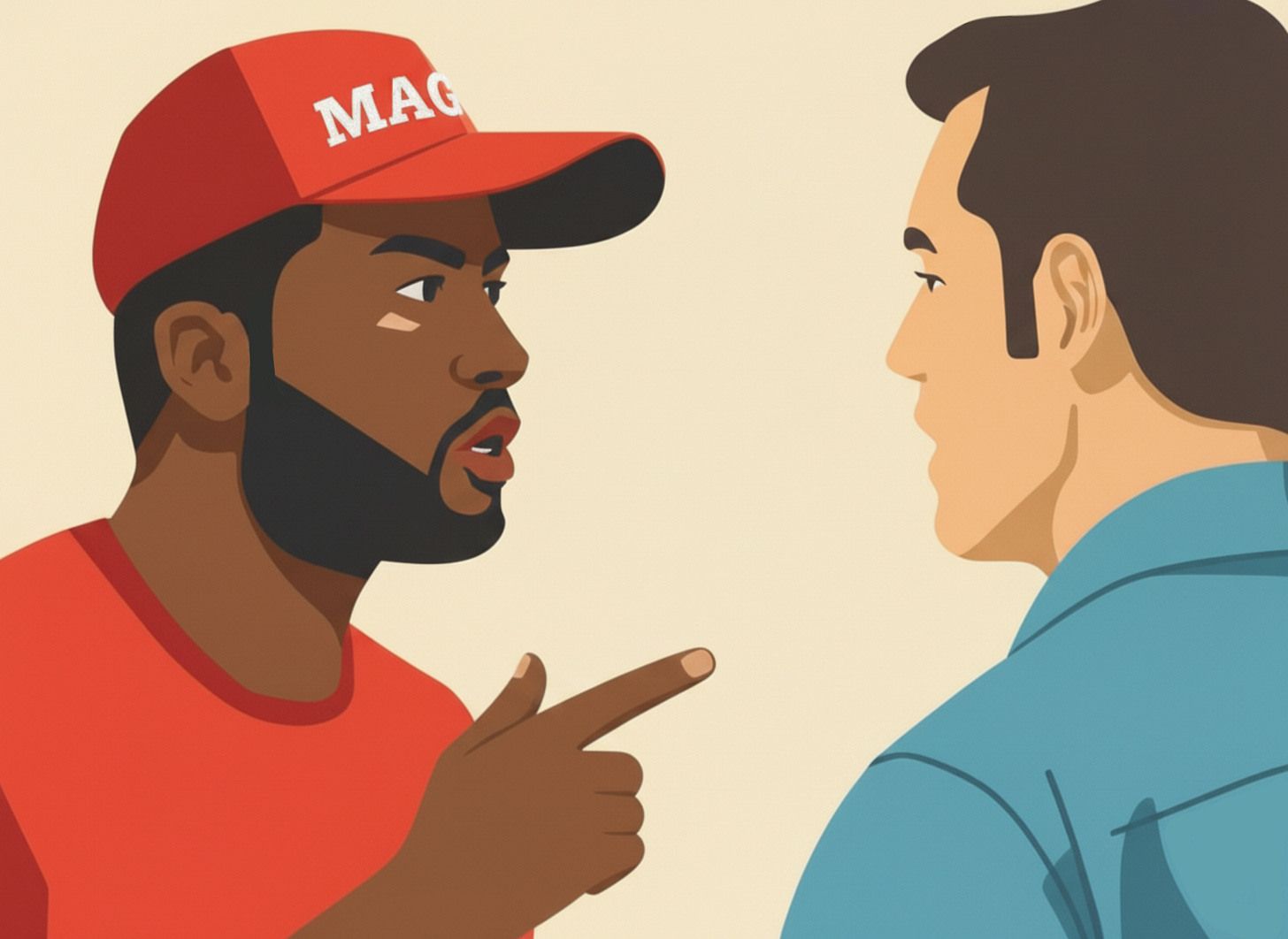How Do We Practice Politics the Right Way?
Trying to find a way forward in a politically divided and distrustful country
After a long summer hiatus, American Storylines is back. I’ve finished a draft manuscript of my book, Uncoupled, and will continue editing and refining it throughout the fall. For those who are interested, the book is scheduled for release in fall 2026. I’ll provide regular updates as things progress.



